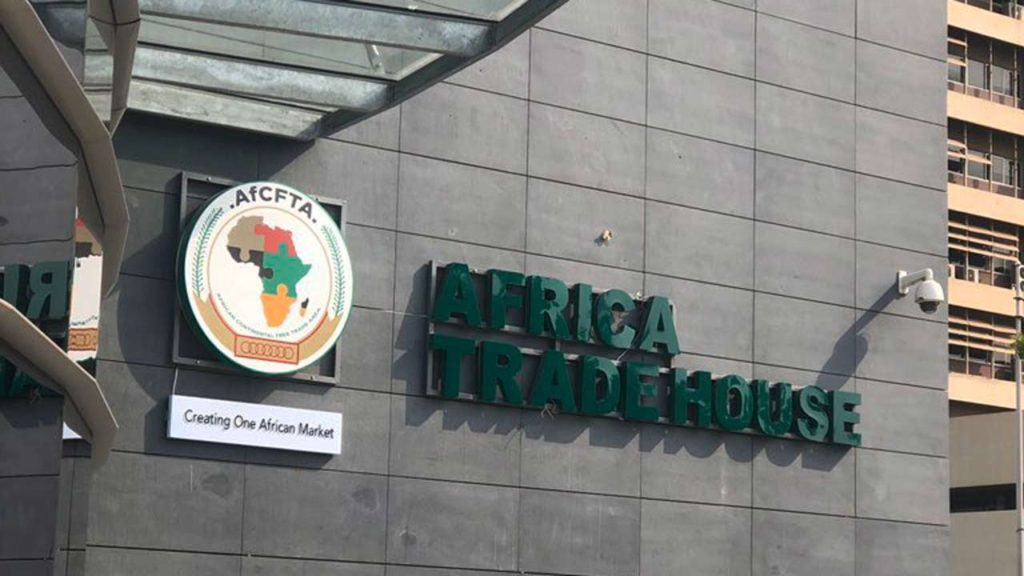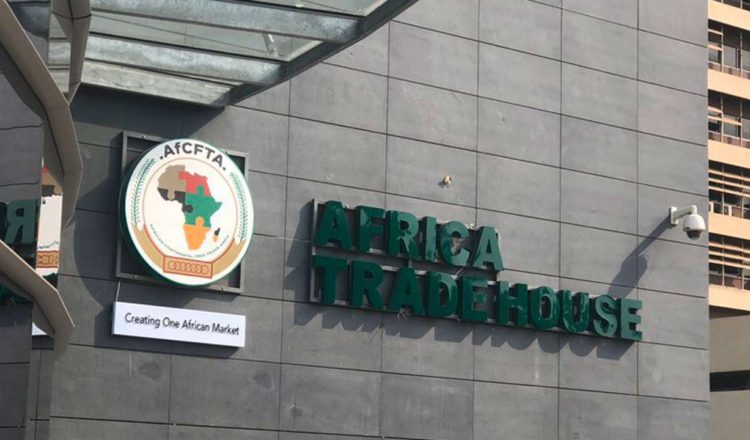
Funding has been secured for the Lagos-Abidjan corridor, which is expected to boost trade in West Africa and have a big effect on the economies in the area.
The Lagos-Abidjan corridor is a project to build a highway that will connect the capitals of five coastal countries: Cote d’Ivoire, Ghana, Togo, Benin, and Nigeria. Together, these five countries make up more than 75% of West Africa’s trade, so connecting their capitals is important.
The African Development Bank (AfDB) and the Commission of the Economic Community of West African States (ECOWAS) signed an agreement for the six-lane Abidjan-Lagos corridor development project in 2019.
The president of the African Development Bank Group, Akinwumi Adesina, said that the corridor would be the most important infrastructure project in West Africa and that it would make it easier for people to move around and do business in the area.
The corridor starts in Bingerville, which is in the eastern suburbs of Abidjan and ends in Lagos Mile 2 (Eric Moore). It goes through eight border crossings: Abidjan (Côte d’Ivoire)–Takoradi (Ghana), 295 km; Takoradi (Ghana)–Akanu (Ghana), 466 km; and Noepe (Togo)–Cotonou (Benin)–Lagos (Nigeria).
Madu Obiora, who is the CEO of Multimix Group and the Director-General of the African Centre for Supply Chain, said that the corridor would help improve trade relationships and make trade easier.
When it comes to exports, Nigeria seems to be in the lead with 41% of transactions, followed by 18% in Ghana and 10% in Côte d’Ivoire for the West African Economic and Monetary Union (WAEMU).
Together, Nigeria and Ghana do 59 percent of the imports for the eight countries that make up WAEMU.
Obiora talked about how important the corridor is, but he also said that Nigeria needs to be able to trade locally to get the most out of it.
“It will help, but how much depends on how much we trade locally, how much we value trade diversification, and how much we value trade compliance. “The road is there, and those who are ready to use it will, and those who are not ready will also benefit in their way,” he said.
A report from the African Development Bank says that putting roads between some of Africa’s biggest and most economically active cities will help cross-border trade and bring together fast-growing economies within the ECOWAS.
Obiora also said that the road wouldn’t use itself. He said that people would use the road, but that the stability was there to help trade.
Three-quarters (75%) of West African Economic Community exports (not including re-exports) are made up of fuel, cocoa, and cocoa food preparations (5% of exports), precious stones (3% of exports), cotton, edible fruit, rubber, plastics, wood and wood products, fish and shellfish (about 1% of exports each), and wood and wood products (about 1% each).
In 2019, Nigeria sent N949.45 billion worth of goods to Africa, which made up 19.9% of its GDP. Of these, N582.3 billion worth of goods from Africa were sent to ECOWAS member states.
After the borders were closed in 2019, Nigeria made N144.8 billion from selling goods to ECOWAS countries and N551.1 billion from selling goods to Africa in the fourth quarter of 2020.
By the fourth quarter of 2021, exports to all of Africa were expected to be worth N773.83 billion, with ECOWAS countries receiving N250.52 billion worth of goods.
Obiora said that the infrastructure isn’t the only thing that will help trade, but that it is a very big step forward for the ECOWAS trade jurisdiction.
- Tags: AfCFTA, Lagos-Abidjan corridor, West Africa




